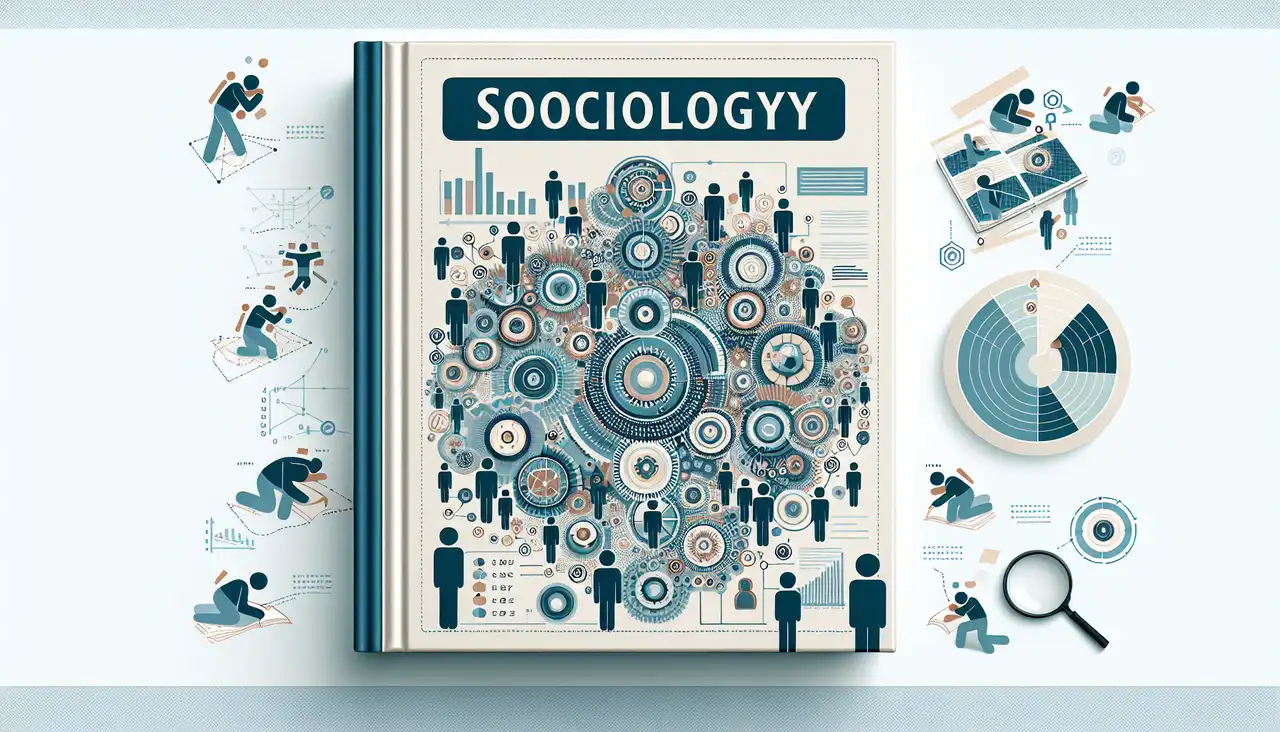

Rina Agarwala
Professor with a strong background in sociology, Rina Agarwala is a distinguished faculty member at Johns Hopkins University. Her academic pursuits are deeply rooted in the intricate dynamics of labor, globalization, gender, international development, and migration, with a particular focus on India. Agarwala's research is renowned for its insightful exploration of informal labor markets and the intersection of formal political structures, as well as the concept of dignified discontent within the Indian context. Agarwala has made significant contributions to the field through her award-winning publications. Her book, "Informal Labor, Formal Politics, and Dignified Discontent in India," offers a comprehensive analysis of the socio-political landscape affecting labor in India. Another notable work, "The Migration-Development Regime: How Class Shapes Indian Emigration," delves into the complexities of class and its influence on migration patterns from India, further cementing her reputation as a leading scholar in her field. Beyond academia, Agarwala has amassed a wealth of experience through her work with various prestigious organizations. Her tenure with the United Nations Development Program in China provided her with a global perspective on development issues. In India, she collaborated with the Self-Employed Women's Association, gaining firsthand insights into grassroots labor movements. Her role at Women's World Banking in New York allowed her to engage with financial empowerment initiatives for women, broadening her understanding of gender and economic development. Before her current position at Johns Hopkins, Agarwala enriched her academic journey with roles at several esteemed institutions. She has been affiliated with Cornell University, where she contributed to the development of sociological curricula. At the Harvard Kennedy School of Government, she engaged with policy-oriented research, and her time at Princeton University further honed her expertise in migration studies. Agarwala's work is characterized by a commitment to understanding and addressing the challenges faced by marginalized communities. Her interdisciplinary approach bridges the gap between theoretical research and practical application, making her a vital voice in discussions on labor and development. Her contributions continue to influence both academic discourse and policy-making, reflecting her dedication to fostering a more equitable global society.
Publications
, 239-260, 2018-01-01
, 2022-09-22
, 132-165, 2022-10-18
, 107-130, 2016-01-01
, 910-950, 2016-12-01
, 95-123, 2019-01-02
, 1348-1368, 2022-07-08
, 143-159, 2007-03-01
, 443-458, 2012-08-17
, 166-201, 2022-10-18
, 2013-03-05